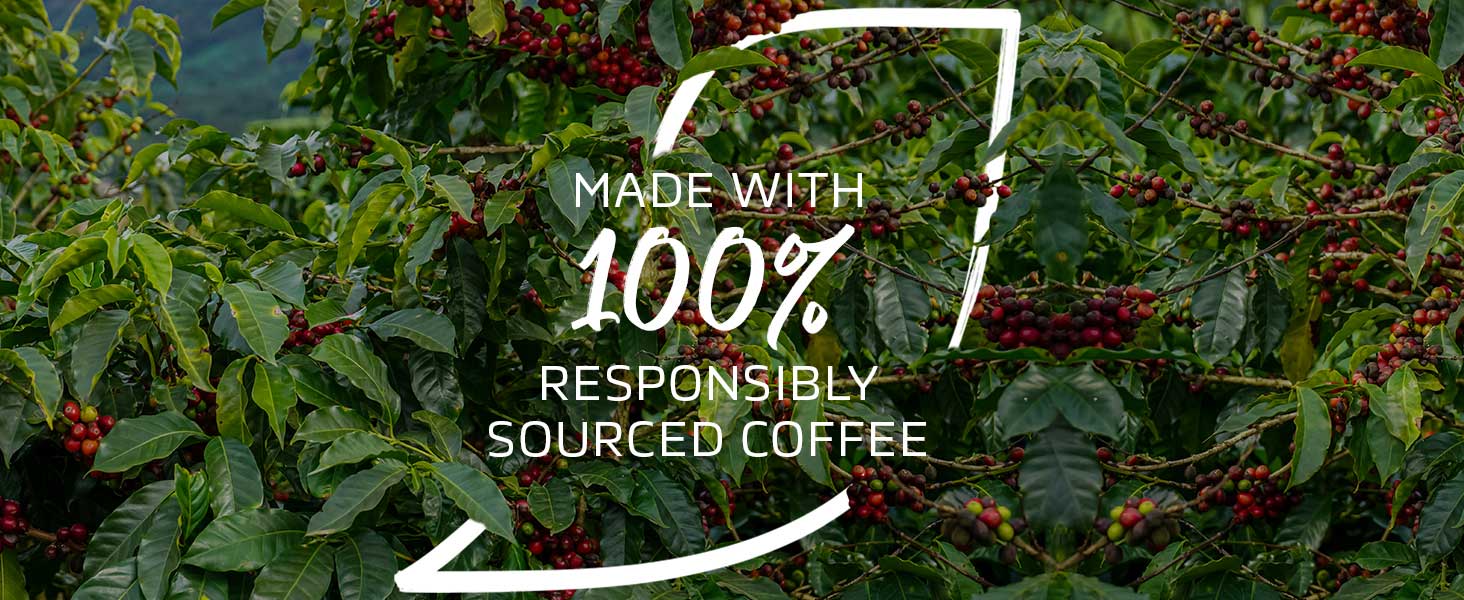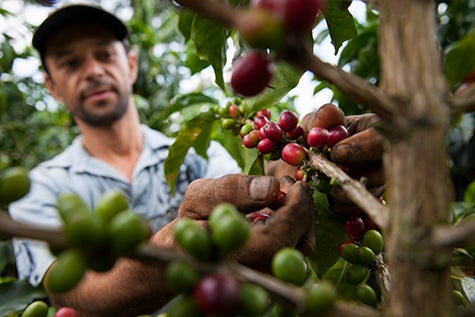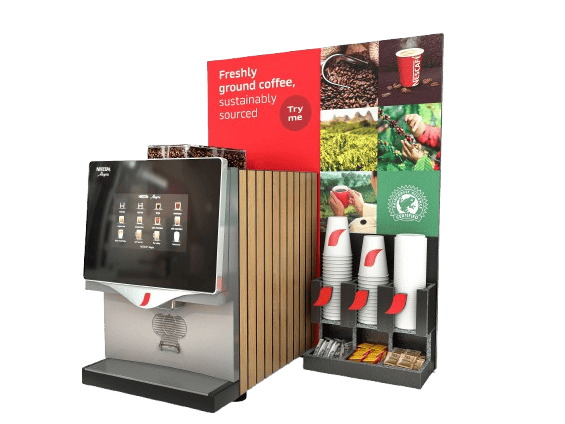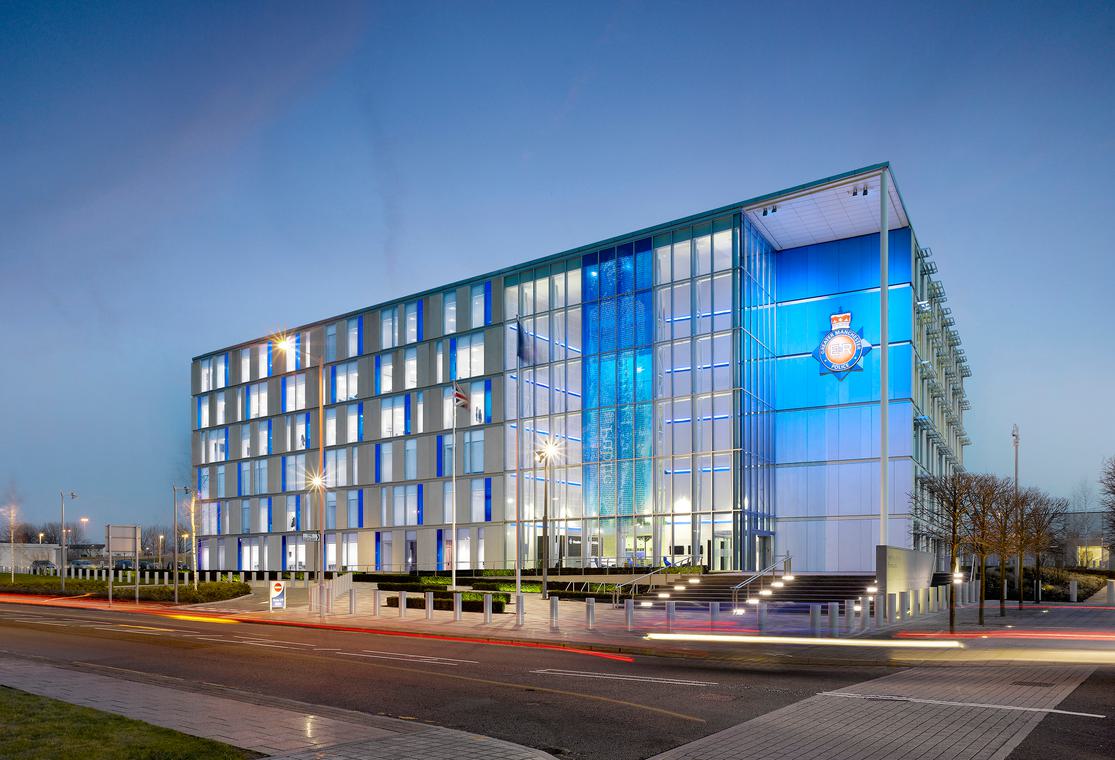
Crafting Cups of Connection: Harnessing the Potential of Coffee Culture in the Workplace
Grabbing a cup of coffee now goes way beyond a quick hot drink to break up your day. It has become a space where people can socialise, collaborate and get creative, playing a pivotal role in society – and the workplace. In this article, discover more about the importance of coffee culture in everyday life and how it can help productivity in the office.
What is coffee culture?
Coffee culture is a social phenomenon that embraces all the shared practices, rituals, traditions and social interactions centred around drinking coffee. From catch ups with friends and colleagues to collaborating in business meetings, coffee undeniably plays a huge role in our lives.
The historical roots of coffee culture
Coffee has continually shaped social interactions since 800AD when it was first discovered by Kaldi, a legendary Ethiopian goat herder. Around the 9th century, coffee cultivation began in Yemen and by the 15th century, coffee had spread through the Middle East. In the 17th century, coffee came to Europe and became a catalyst for a time known as the Enlightenment in Europe.
This is where coffeehouses became hubs of intellectual movements and political debates and were nicknamed ‘penny universities’ (as a penny was the cost of admission).
The Industrial Revolution transformed coffee consumption, and it became crucial for productivity for workers. The invention of instant coffee in 1881 and subsequent technological innovations made coffee more accessible and convenient.
Coffee culture’s global influence
Now, all regions across the globe have their own traditions and perspectives. In Turkey, the brewing techniques and ceremonial preparation represents their rich binding traditions. In Italy, their quick and intense espresso reflects their fast-paced yet vibrant social interactions.
In South Korea, their coffee culture comprises of unique café aesthetics and creating fun memories. And in the Middle East coffee is seen a peace offering and has been used to settle marriages, contracts and feuds.
Coffee’s role in human interaction
Coffee has undeniably become a social lubricant in modern society, and you probably won’t go a week without hearing “shall we grab a coffee?”. In fact, in 2023, coffee overtook tea as the UK’s number one hot beverage!
Coffee shops are now social hubs, providing spaces where anyone can meet to network, date, catch-up and everything in between. Of course, these social interactions don’t end at coffee shops.
The role of coffee in the workplace has also become a way for colleagues to connect beyond formal meetings, fostering relationships in a way that’s much more valuable than structured interactions.
The economic impact of coffee culture
The global coffee market was estimated to be worth around a whopping $97.71 Billion in 20242 , so coffee is undeniably a vital economic driver all around the world. Many coffee-producing nations like Brazil, Vietnam, Colombia and Ethiopia benefit from coffee exports with millions of farmers relying on coffee cultivation. However, the rise of speciality coffee has made this much easier, with consumers eager to know the story behind every sip and a willingness to pay more for ethically sourced, expertly roasted beans which drives huge economic opportunities for these small farmers.
In fact, through the NESCAFÉ® coffee plan, we work closely with farmers to adopt regenerative agriculture practices and to improve their livelihoods. Learn more about our responsible sourcing initiatives by visiting our NESCAFÉ® Responsibly Sourced Coffee page.
In summary:
- The global coffee market is projected to reach around $97.71 billion by 2024, underscoring its critical role in the global economy.
- Major coffee producers, such as Brazil, Vietnam, Colombia, and Ethiopia, rely heavily on coffee exports, supporting millions of farmers.
- A growing interest in specialty coffee has led consumers to seek out ethically sourced and expertly roasted options, often at premium prices.
- This consumer trend presents significant economic prospects for small-scale coffee farmers.
Innovations and trends in coffee culture
The coffee landscape continues to evolve as technology and consumer preference does. Brand new ways to make coffee seem to pop up every day in the UK, from nitro cold brews to creative matcha flavours and superfood mushroom lattes. These all offer unprecedented ways to personalise your hot drinks, and the future of coffee only seems more specialised; what was once seen as a premium offering is becoming mainstream.
On the other hand, there’s been a rise in the use of instant coffee as consumers look for more ways to save money in the current landscape 3 . There are also some nuanced trends around caffeine consumption, thanks to a rising demand for low- and no-caffeine variants. However, studies have shown that most coffee drinkers would rather cut down the amount of coffee they drink than switch to decaffeinated2.
Sustainability in coffee culture
As our environmental consciousness grows, more and more people are looking for sustainably sourced coffee. Consumers are looking for brands that prioritise ethical sourcing and fairtrade practices, with a whopping 70% of consumers looking for environmentally friendly claims in hot coffee4. That’s why it’s so important that all of NESCAFÉ®’s coffee beans are 100% responsibly sourced.

So, how can coffee culture positively impact the office?
1. It can encourage productivity
Countless studies have shown that coffee has considerable workplace benefits. Caffeine improves cognitive function, improving mental alertness and problem-solving abilities. In fact, studies have even indicated that controlled coffee consumption can reduce the number of mistakes made in high-demand work environments. Cappuccino, anyone?
2. It fosters employee wellbeing
It’s a time of day we look forward to the most: the humble coffee break. It’s more than just a quick hot drink, it's a much needed few minutes away from your desk and a welcome respite in a busy day. And, as mentioned, they’re a great way to spontaneously collaborate or swap ideas away from more formal meetings.
3. It creates a positive work environment
By fostering a positive office coffee culture and investing in quality coffee experiences with a Nestlé Professional coffee machine, it shows your commitment to employee’s comfort. It can transform workplace dynamics by helping to build a sense of community, encourage shared experiences and keep employees more engaged in their work.
4. There are some economic benefits, too
Of course, it’s also a cost-effective way to improve organisational performance as high-quality coffee experiences can help attract top talent to new roles, increase productivity and improve employee morale, all for a relatively small investment.
So, by fostering office coffee culture with a high-quality Nestlé Professional coffee machine, you could create a workplace where every cup of coffee is a catalyst for new ideas and every shared coffee break is a spark of brilliance between colleagues. Cheers to that.
1. https://www.teaandcoffee.net/blog/33581/coffee-is-now-the-uks-favourite…
2. https://www.gourmetpro.co/blog/coffee-market-trends-expert-insights
3. https://www.mintel.com/insights/food-and-drink/the-coffee-and-coffee-sh…
4. https://fmcggurus.com/blog/coffee-trends-speciality-coffees-and-sustain…
5. https://freshground.co.uk/learning-hub/recruitment-and-retention-your-c…










